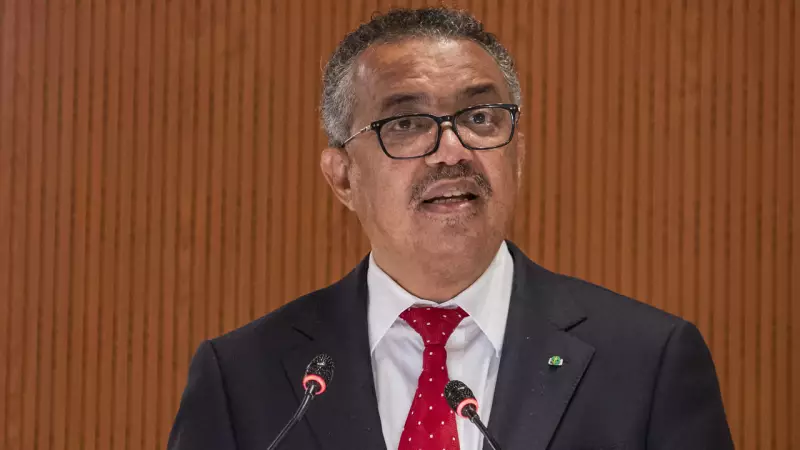
Nigeria stands at a critical crossroads in its healthcare journey, facing mounting challenges that demand immediate and sustainable funding solutions. The current health financing landscape reveals alarming gaps that threaten the nation's progress toward universal health coverage.
The Urgent Need for Health Financing Reform
Across Nigeria's healthcare sector, from rural clinics to urban hospitals, the story remains the same: inadequate funding continues to undermine service delivery and quality care. Recent analyses show that despite increasing health challenges, the allocation of resources fails to match the growing demands of Nigeria's population.
The consequences of this funding deficit are stark. Many Nigerians still struggle to access basic health services, while out-of-pocket expenses push families deeper into poverty. This financial burden disproportionately affects the most vulnerable populations, creating a cycle of poor health and economic hardship.
Innovative Strategies for Health Financing
Experts propose several groundbreaking approaches to transform Nigeria's health funding landscape:
- Domestic Resource Mobilization: Leveraging Nigeria's economic potential through targeted taxation, health insurance schemes, and public-private partnerships
- Efficiency Optimization: Maximizing existing resources by reducing waste and improving healthcare delivery systems
- Technology Integration: Implementing digital solutions to streamline health financing and service delivery
- Community-Based Health Insurance: Expanding coverage through locally-managed insurance schemes
The Path Forward: Lessons from Global Success Stories
Several African nations have demonstrated remarkable progress in health financing reform. Countries like Ghana and Rwanda have implemented successful national health insurance schemes, while others have pioneered innovative funding mechanisms that Nigeria could adapt to its unique context.
The key lies in political will and strategic implementation. By prioritizing health in national budgets and embracing evidence-based financing models, Nigeria can build a resilient healthcare system capable of serving all its citizens.
A Call to Action for Sustainable Health Investment
The time for decisive action is now. Stakeholders across government, private sector, and civil society must unite behind a common vision for health financing reform. This includes:
- Increasing domestic health budget allocations
- Strengthening health insurance coverage
- Improving financial management systems
- Fostering international partnerships for technical support
As Nigeria continues its development journey, investing in health represents not just a moral imperative but an economic necessity. A healthy population forms the foundation of national prosperity, and sustainable health financing provides the cornerstone for building that future.





